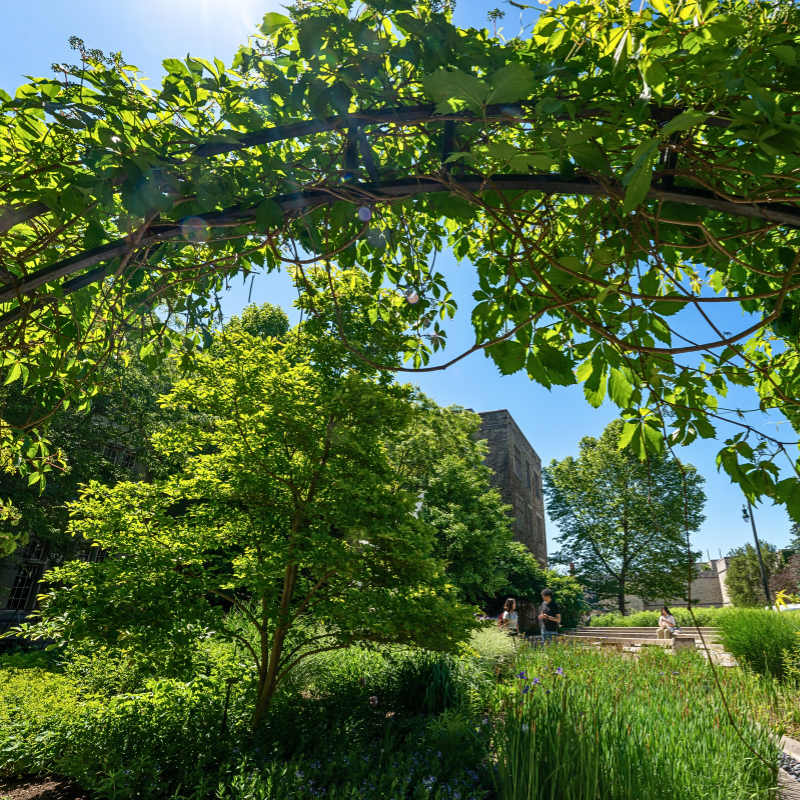Search Website

Decolonization
Advancing decolonization through inclusive teaching, community-engaged research, and support for diverse knowledge systems
Decolonization
Advancing decolonization through inclusive teaching, community-engaged research, and support for diverse knowledge systems

Decolonization
Advancing decolonization through inclusive teaching, community-engaged research, and support for diverse knowledge systems
Decolonization
A good place to start is by reviewing 12 Ways to Engage in Truth and Reconciliation at Western.
If Decolonization involves undoing and addressing the legacies of colonialism, then Land Back is an important avenue to ensure decolonization is more than just a metaphor.
Decolonization is more than just incorporating additional voices, but still an essential feature is “making space, balancing, generating, and enabling diverse knowledge systems to thrive in the academy as well as in and through educational and knowledge transmitting places for Indigenous Peoples, the formerly colonized or continuing colonized nations, peoples, and cultural knowledge systems” (Igniting Change, p. 7)
Teaching
In our teaching, which voices are being elevated and which are being sidelined? How are we presenting the history of our disciplines and the power relations that underlie research in our fields? You may be interested in incorporating Indigenous Learning Bundles into your courses, developed through the project Sharing our Gifts.What would be involved in decolonizing your syllabus?
Research
In moving towards decolonizing research, Max Liboiron from MUN argues in Decolonizing geoscience requires more than equity and inclusion that:
“We need to investigate our own scientific practices. How do our disciplines, pedagogical norms and research methods benefit from access to Indigenous land, life and knowledge? Who has done the research on Indigenous land and where are they from? What are the permission processes for field trips and research sites, including seemingly landless datasets? What open-access data management policies are in place and how might they increase access to Indigenous land, rather than respect it? If your department has sample archives, where are they from? What are the implications of saying a research group is the first to have knowledge of something on Indigenous land?”
Read the joint statement about inclusive authorship by three rural health journals, including the Canadian Journal of Rural Health: Position statement: Research and reconciliation with Indigenous peoples in rural health journals.
Additional questions that may be relevant:
Is your research community-engaged? What is the nature of that engagement?Are you involved in training or capacity building among members of whatever your relevant community is?
With whom are you in conversation to develop your research questions?
In your publications, what kind of citation practices are you using?
- You may find some inspiration in the Civic Laboratory for Environmental Action Research (CLEAR) blog post Citational politics in tight spaces. The post asks, “How might we improve citational politics in ‘tight places’ where not only the norms of citation but also the structure of knowledge or research overdetermines what might be done – or does it?” The CLEAR lab also provides a Citational Politics Bibliography.
- The movement Cite Black Women aims to centre Black women’s intellectual production.
- If you do international research, how do you incorporate the research of scholars from that country into your analyses?
What other questions are relevant in your area of research? If you have additional themes or resources to suggest for this page, please let us know.